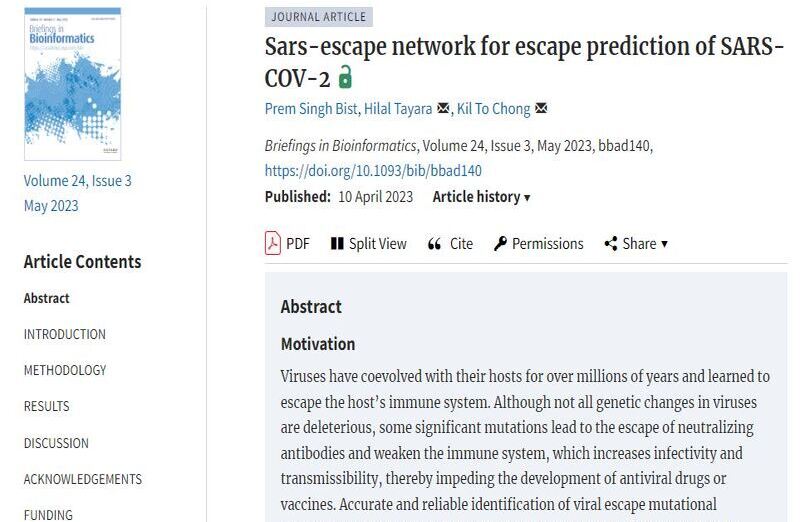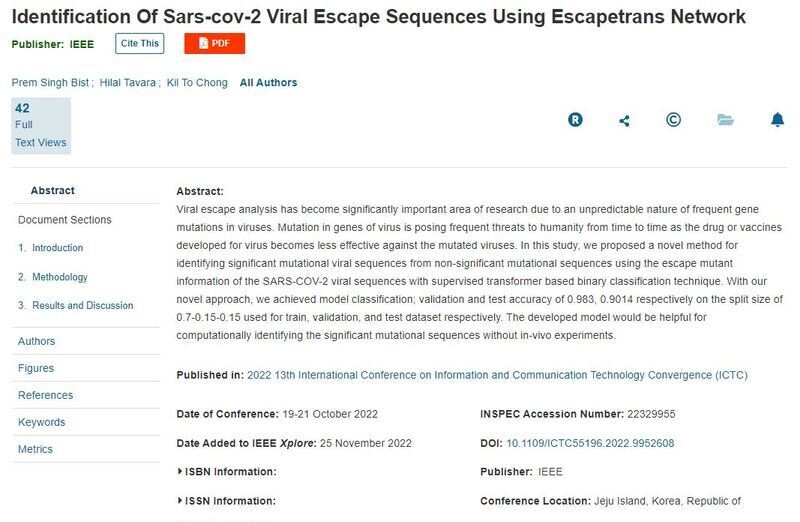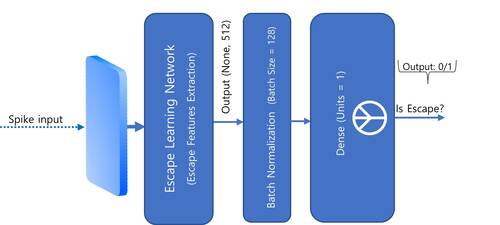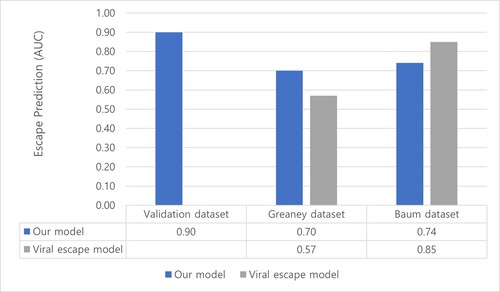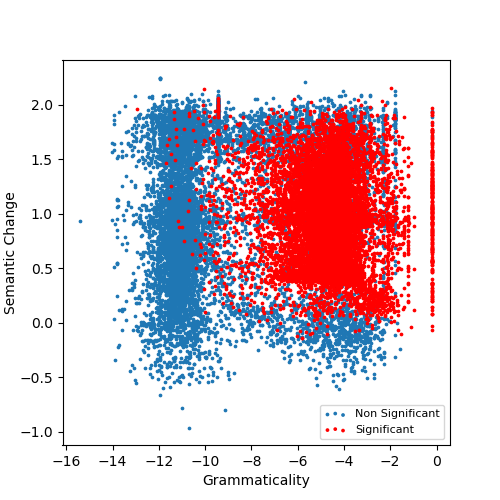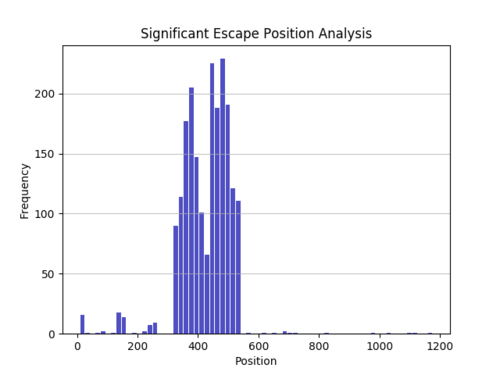Ph.D. in Engineering | AI & Bioinformatics Researcher | Enterprise Software Architect
Hire MeDownload CVPrem Singh Bist earned his Ph.D. in Engineering from Jeonbuk National University, South Korea. His research sits at the intersection of artificial intelligence, bioinformatics, and computational biology, focusing on viral pathogens such as SARS-CoV-2, influenza, and other emerging infectious diseases. By integrating AI with multi-omics and sequence analysis, his work aims to predict viral escape mutations, design novel therapeutics, and accelerate vaccine and drug development to help prevent future pandemics.
With more than a decade of professional experience in software development and project management, he has contributed his expertise to organizations including Itriangle Infotech Pvt Ltd, Faststream Technology Pvt Ltd, and Impetus Infotech Pvt Ltd. His research output spans AI-driven drug discovery, viral bioinformatics, and deep learning applications, alongside early contributions in areas such as Music Onset Detection using Convolutional Neural Networks. Connect with me
Bringing together a unique blend of engineering, AI, and biomedical expertise, Dr. Bist continues to advance computational approaches in healthcare and biotechnology. Beyond academia, he serves as a consultant and executive board member at Guru Technology Pvt Ltd, where he helps translate cutting-edge research into practical industry applications.
April 2011 - April 2012
Involved in Design & Development of online purchase & sales tracking System, & Personal tracking System developed using Android devices for obtaining location and google maps for front-end monitoring.
Tools worked on: Php, Mysql, Perl, JavaScript, Android, Html, CSS
May 2012 – May 2013
Involved in Design & Development of content management system for educational project & Health care management.
Tools worked on: Php, Mysql, JavaScript, Html, CSS, CMS frameworks – Joomla, wordpress, Drupal
June 2013- Dec 2016
Involved in research & development of various ongoing Big data oriented research stacks. Tools Worked on: Java/J2EE, Hadoop, Spark, Storm, Elastic Search, Amazon AWS Cloud
Tools Worked on: Java/J2EE, Hadoop, Spark, Storm, Elastic Search, Amazon AWS Cloud
Jan 2017 - June 2018
Monitor, Guide, and Lead Software Development of Learning Management System
July 2018 - August 2021
Management of team & procedures, Developed solution for Municipal Government for Digital Profile Analytical System
Sep 01, 2021 - Aug 22, 2025
Jeonbuk National University, South Korea
I graduated with a Ph.D. in Engineering from the Department of Electronics & Information Engineering at Jeonbuk National University, South Korea, specializing in the application of artificial intelligence to bioinformatics. My research focused on viral escape sequences such as SARS-CoV-2 and influenza, aiming to predict, analyze, and identify potential drug candidates that can contribute to the development of effective vaccines and the prevention of future pandemics.
2013 - 2015
Dr. APJ Abdul Kalam University, India
The thesis focuses on developing a real-time distributed fleet monitoring system that leverages big data technology to address the challenges of efficient and accurate tracking of vehicle fleets. By utilizing a distributed architecture, incorporating technologies such as GPS, wireless communication, and advanced data analysis algorithms, the system enables real-time tracking of vehicle locations, comprehensive monitoring of maintenance needs, remote diagnostics, and optimized route planning. Through the integration of big data technology, the system aims to enhance fleet management by improving operational efficiency, reducing fuel consumption, and ensuring timely maintenance. The thesis delves into the design, implementation, and evaluation of the system, specifically addressing challenges related to scalability, data synchronization, and real-time processing of large volumes of data. By harnessing the power of big data, the thesis contributes to the field of fleet management by providing a cutting-edge solution that optimizes fleet operations and decision-making processes.
2006 - 2010
The final year project focused on the development of a remote computer-based door authentication system that utilizes an embedded system, a keypad-based input mechanism, and the computer's serial port. This system aims to provide secure access control by allowing users to enter a predefined code on the keypad, which is transmitted through the serial port to the computer for authentication. If the code matches an entry in the authorized user database, the computer sends a signal to unlock the door. The integration of the embedded system and the computer's serial port offers a compact, efficient, and cost-effective solution for remote door authentication, enhancing security and convenience.
Address
Jeonju, Jeollabuk-do, South Korea
prem62900@gmail.com

